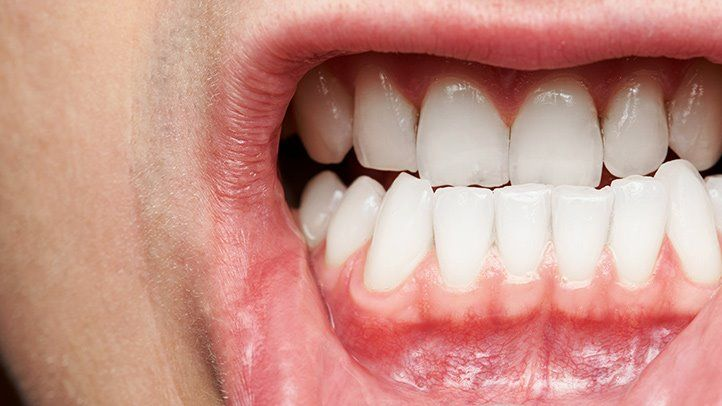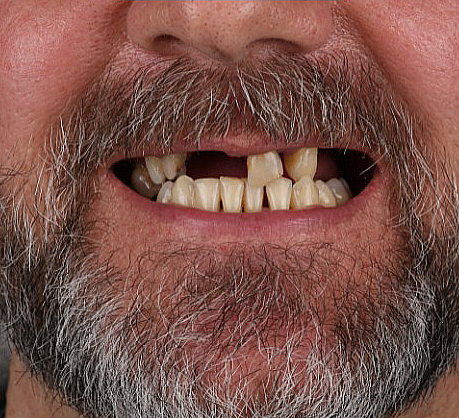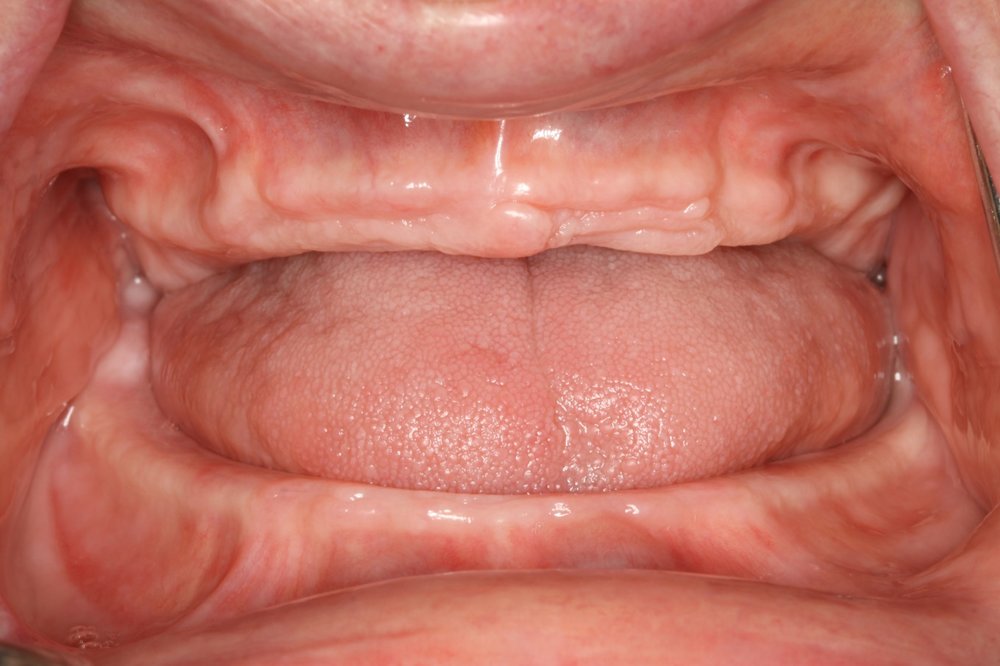This is David and I am a dental implant educator at Chicago Implant Studio. One of the most common questions I get from our patients at their dental implant consultation session is “What is Treat early gum disease (gingivitis treatment)”
Oral health goes beyond just a bright, confident smile—it is a key indicator of overall health and wellbeing. One common oral health issue that affects many is gingivitis, an early stage of gum disease. Fortunately, with early detection and appropriate treatment, gingivitis can be successfully managed. This article is your comprehensive guide to understanding and treating early gum disease.
In This Article
Understanding Gingivitis: The Early Stage of Gum Disease
Gingivitis is an inflammation of the gums, typically caused by the accumulation of bacteria-laden plaque on the teeth. Symptoms may include swollen gums, redness, bleeding during brushing or flossing, and persistent bad breath. Ignoring these signs can allow the condition to progress to periodontitis, a more severe form of gum disease that can lead to tooth loss. Hence, early detection and treatment are critical.
The Role of Professional Dental Cleanings
The first line of defense against gingivitis is a professional dental cleaning. This procedure involves the removal of plaque and tartar from the teeth and gum line, which are primary causes of gingivitis. Regular dental cleanings, ideally every six months, are essential for both treatment and prevention of gum disease.
Implementing Effective Oral Hygiene Practices
Alongside professional cleanings, maintaining good oral hygiene at home is crucial for gingivitis treatment. This includes brushing at least twice a day, flossing daily, and using an antimicrobial mouthwash to kill bacteria that cause plaque. An investment in an electric toothbrush or water flosser can further enhance your oral hygiene routine.
The Impact of Diet and Lifestyle
Diet and lifestyle also play significant roles in gum health. Consuming a balanced diet rich in vitamin C and D can strengthen your gums and immune system. Reducing sugar intake and quitting smoking can also significantly reduce the risk of gingivitis.
When to Seek Advanced Gingivitis Treatment
If symptoms of gingivitis persist despite professional cleanings and good oral hygiene, it’s time to consult your dentist about advanced treatment options. These may include deep cleanings (scaling and root planing), topical or oral antibiotics, and, in severe cases, surgical interventions.
Conclusion
Early gum disease doesn’t have to spell disaster for your oral health. With the right approach to gingivitis treatment—from professional dental cleanings to effective oral hygiene practices and a healthy lifestyle—you can keep your gums healthy and your smile radiant. Remember, prevention is always better than cure, and early treatment is key to combatting gum disease.
If you are looking for state-of-the-art single and multiple tooth to full jaw All-on-4 dental implants, schedule a no-obligation free consultation with Chicago Implant Studio dental implant experts. Schedule a free consultation online today or call us at (331) 257-7999.






